Araghchi: Iran’s official response to Trump’s letter sent
Foreign Minister Abbas Araghchi says Iran’s official response to a letter from US President Donald Trump has been sent through Oman.
In an interview with IRNA on Thursday, Araghchi said the response was sent through a letter that elaborated Iran's viewpoints on the current situation and Trump’s letter.
“This official response includes a letter in which our points of view regarding the current situation and Mr. Trump's letter have been fully explained and informed to the other party,” Araghchi said.
He added that Iran's policy is still not engaging in direct negotiations with the US under maximum pressure and military threats.
However, Araghchi said, indirect negotiations can continue just in the same way they were conducted in the past.
“Our policy remains on not holding direct negotiations under conditions of maximum pressure and military threats, but indirect negotiations, as they have existed in the past, can continue, Araghchi said.
Trump revealed in early March that he had sent a letter to Iran. At the same time, he reinstated his maximum pressure policy against Iran by imposing fresh sanctions on the country.
Iran has stressed time and again that it won’t sit at the negotiating table with the US administration as Trump continues his pressure campaign against Tehran.
Last week, the minister clarified that Iran would not engage in direct talks with the Trump administration under the reinstated maximum pressure campaign.
“We do not negotiate directly with the United States under maximum pressure where we are witnessing military threats and increased economic sanctions from Washington,” he said.
However, Iran has always been eager to discuss its nuclear program to “create greater transparency” and is already holding talks and consultations with three European countries and other interested nations, he added.
The Trump administration recently restored the so-called maximum pressure policy, first introduced during Trump’s initial term in office in 2016.
Under this policy, Trump withdrew the United States from a landmark agreement on Iran's nuclear program in 2018 and reimposed crippling sanctions on Tehran.
The 2015 deal, signed between Tehran and world powers, saw Iran commit to temporary confidence-building restrictions on its nuclear activities in exchange for the removal of Western-imposed economic sanctions.
On March 7, Trump announced he had written to Iran to call for nuclear negotiations and threaten military action.
The letter was delivered to Tehran on March 12 by UAE presidential adviser Anwar Gargash.
Leader of the Islamic Revolution Ayatollah Seyyed Ali Khamenei responded on March 21, stating that US threats "will get them nowhere" and warning of reciprocal measures "if they do anything malign" against Iran.
He also dismissed Trump’s outreach for talks, accusing him of attempting to deceive global public opinion by portraying the United States as willing to negotiate while framing Iran as unwilling to engage.
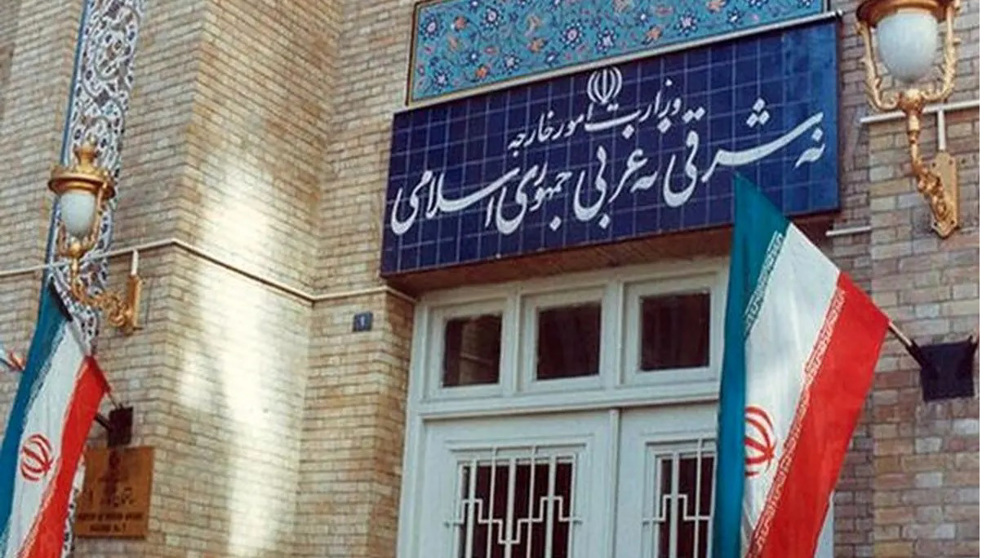
Iran warns US: Tehran summons Swiss envoy over Trump bombing threat
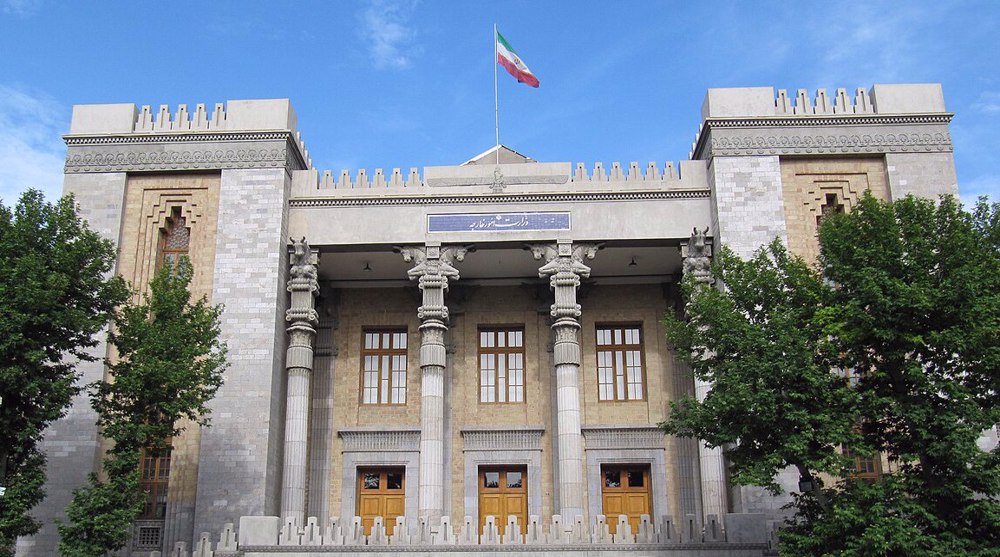
Iran blasts Trump ‘bombing’ threat as ‘shocking affront’ to global peace, security
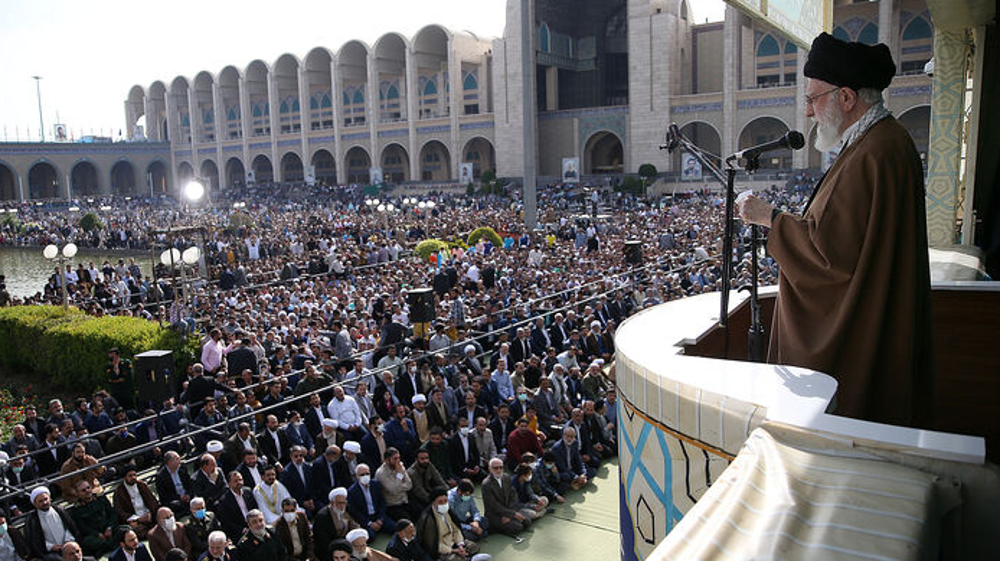
Leader: Corrupt Israeli regime ‘only proxy force’ in region, must be uprooted
French far-right leader Le Pen barred from presidential race after embezzlement conviction
VIDEO | Iranians mark Eid al-Fitr with mass prayers
Iran, Turkmenistan agree to launch passenger train services
Gunmen kill 12 civilians in western, central Syria on 1st day of Eid al-Fitr
VIDEO | Gazans observe Eid under bombing and devastation
‘Formidable power’: Yemen warns ‘surprises in store’ will astonish enemy
IRGC Navy seizes two foreign tankers smuggling fuel in Persian Gulf
Trump sends more migrants to El Salvador prisons despite court dispute


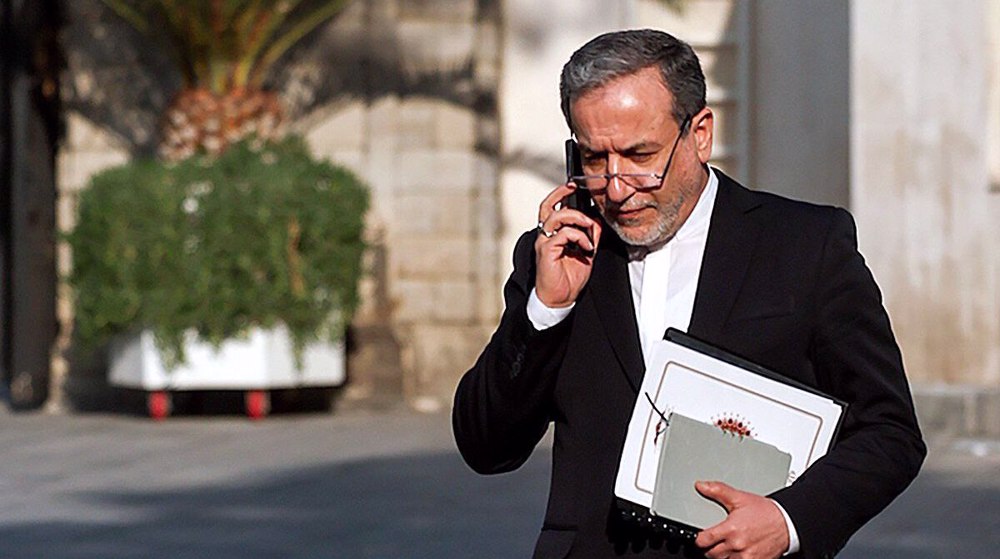
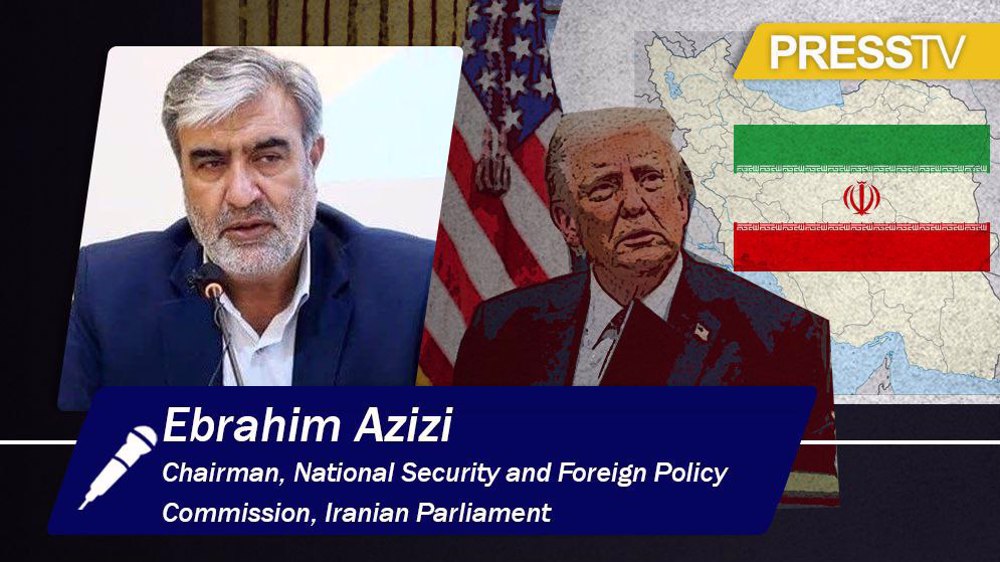




 This makes it easy to access the Press TV website
This makes it easy to access the Press TV website